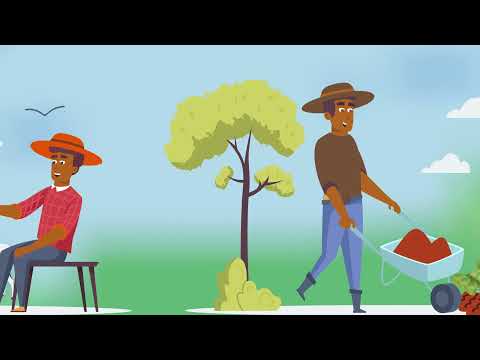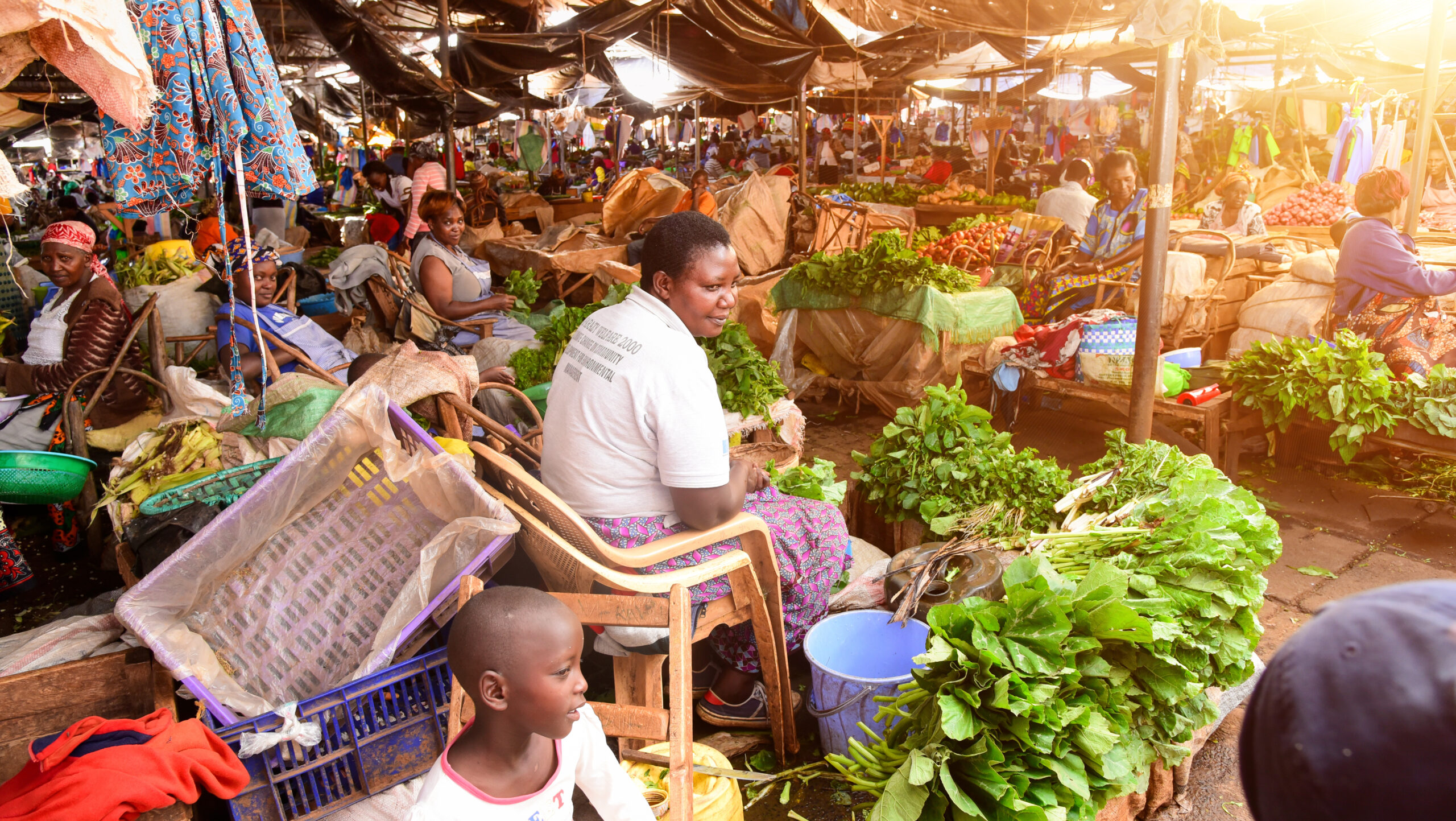The need to innovate in agriculture is more urgent than ever. The rising global population will require 60% more food by 2050. Increasing urbanization in Africa and Asia and the impacts of climate change demand we produce this food with fewer inputs. While much of the world struggles with the threat of food insecurity, the cost of nutritious foods in the developing world are not affordable. Meanwhile, time is running out to achieve the UN Sustainable Development Goals, as many countries are just nine harvests away from 2030.
Innovation will play a key role in transforming our food systems so that they support the SDGs, and the 2021 UN Food Systems Summit (UNFSS) aims to catalyze that transformation by spotlighting some of the most promising innovations.
What are the most promising agricultural innovations? How can innovations be developed and sustained to maximize their value? And how can innovation help improve and transform the lives of smallholder farmers around the world?
To explore these questions, the International Potato Center (CIP) recently hosted several experts from CGIAR, academia, and the public and private sectors for a 90-minute discussion on the role of innovation to inspire and ignite change in agriculture for vulnerable communities.
“Innovation is often taken for granted as part of the R&D process,” said Barbara Wells, the Director General for CIP, and recently named the CGIAR Global Director for Genetic Innovation. “Technologies that remain on the shelf are not innovation. We must measure our success by how our innovations improve the lives of smallholder farmers in Africa and Asia.”
“We know innovation when we see it but we don’t necessarily understand how to maximize its values,” said Marco Ferroni, the Chair of the CGIAR System Board. “The CGIAR is steeped in science and research but we need innovation to create improved expressions of welfare—nutrition, food security and incomes. This is how we create value for the people we serve.”
While innovation is usually thought of in terms of success, CIP Director of Research Hugo Campos reminded the audience that failing is also important.
“Innovation is about having a ‘clever failure’ mindset so we can capitalize quickly on what we learn. New crop varieties take several years to produce, so we must fail and learn from our failings so that these varieties are developed to have impact,” he said.
The webinar included innovation case studies from research-for-development and private sector organizations to provide some examples of success in innovation, and the value of their failings.
At the International Center for Maize and Wheat Improvement (CIMMYT), the Mas Agro program employs a holistic business model (figure 1) to help bridge innovation with traditional knowledge.
Bram Govaerts, the CIMMYT Deputy Director for Research, said inclusion for innovation must begin from the outset: “How do you bring disparate actors together? You have conversations about what a better future looks like… Where are we today? Where do we want to be in the future? And then we build strategy around that vision.”
Perhaps the largest barrier to innovation for agriculture remains the issue of scaling: Taking successful technologies and adapting them to the needs of larger populations.
On that topic, Graham Thiele, the Director of the CGIAR Research Program on Roots, Tubers and Bananas, gave an example of CIP’s very successful program with vitamin A-enriched orange-fleshed sweet potato (OFSP), which has enabled nearly 7 million households in Africa and Asia to enjoy this nutritious crop while learning how to grow and process the food for additional income (video, upper right).
“The success of scaling OFSP required a package of interrelated innovations,” Thiele said. “We helped farmers improve their skill for cultivating vines for seed material and taught them how to use our Triple S technology to store healthy seed … We provided nutrition education to communities to inspire behavioral change, and we initiated business opportunities with OFSP puree products. To do this, we had to drill down and look at what our beneficiaries needed and wanted and why.”
The success of the OSFP innovation in Africa has enabled other humanitarian organizations to capitalize on this innovation. Lauren Landis of the World Food Programme in Kenya said she and her organization are “big fans” of OFSP as a way to help meet their objectives with farmers living in dry climates. In the WFP’s target population, 26% of people have stunted growth and 70% have iron and vitamin A deficiencies, which could be remedied with OFSP.
Thanks to collaboration with CIP, Landis said, the WFP is making serious inroads against these challenges: “We have had success with OFSP adoption by families who appreciate the improved income. We find that the children love the taste of OFSP, which is good for their health. Now we must shift our focus to improving the storage and processing. That infrastructure does not come out of thin air.”
With successful understanding of end-user needs, the investments will come, said Jonas Chianu, the Chief Agricultural Economist of the African Development Bank.
“We know that technology matters and should be accessible,” Chianu said. “That scale matters because we must move from pilot level to transformation. And we know that partnership and collaboration are key to scaling. To create the environment for scaling, we must have the proper policy to facilitate business development. So we must all be in the same room to discuss this infrastructure.”
Christopher Butler is Managing Editor at the International Potato Center in Lima, Peru.







